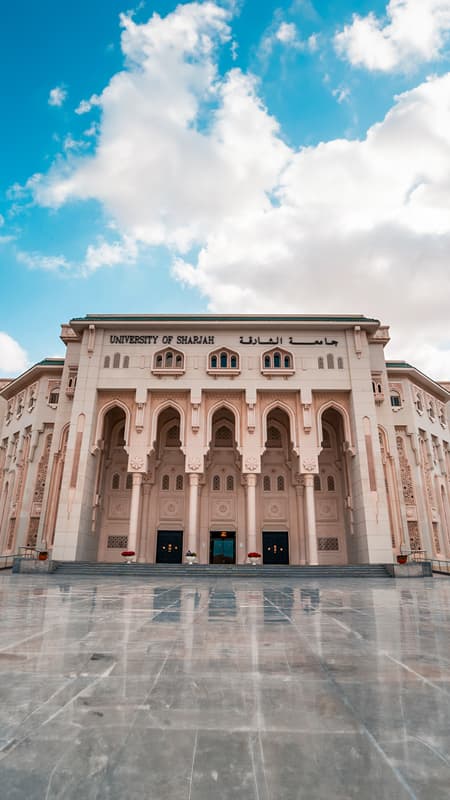Global
Sheikh Sultan bin Ahmed Al Qasimi Tours Al Qasimi Radio-Optical Observatory Project
On Thursday, March 20, 2025, His Highness Sheikh Sultan bin Ahmed bin Sultan Al Qasimi, Deputy Ruler of Sharjah, President of the University of Sharjah, visited the Sharjah Academy for Astronomy, Space Sciences, and Technology (SAASST) to inspect plans for the proposed Al Qasimi Radio-Optical Observatory project, slated for construction on Jebel Al-Kitab.
The tour commenced with a presentation that outlined the vision, mission, and objectives of the project. The vision of this momentous project is to develop a scientific facility and a national symbol of excellence and innovation. Its main objective is to invest in local talent, establish international collaborations, and lay the foundation for scientific advancements befitting the UAE's status and space exploration ambitions. The project also aligns with the University of Sharjah's EDGE strategy which focuses on Emiratization, digitalization, international cooperation, and entrepreneurship.
The Al Qasimi Observatory, which will be the first registered and licensed astronomical facility for space activities in the UAE, will house the largest optical telescope in the Arabian Gulf region, making it the most advanced in the Arab world. It will feature three primary observation stations dedicated to researching stars, exoplanets, stellar formation, and galaxies using spectral analysis. A distinctive feature of the Al Qasimi Observatory will be its emphasis on observing the southern sky, addressing a gap in this field. The observatory will also focus on public education and supporting researchers through various activities including practical workshops.
His Highness received a comprehensive briefing on the CubeSat Laboratory's activities, which are designed to foster national capabilities, drive innovation, and enhance the technical and scientific skills of the local workforce. Central to the lab's mission is the design and operation of satellites, coupled with the development of technical expertise and support of researchers through specialized capacity-building programs. His Highness was also briefed on the laboratory team's impressive portfolio of scientific achievements, including ongoing projects such as Sharjah-Sat 1 and 2, published research, human resource development activities, and progress in ground station installations. The briefing concluded with an outline of the lab's ambitious future projects, mapped out until 2031.
The tour also included a visit to the Meteorite Laboratory, which houses the UAE Meteor Monitoring Network and a meteorite analysis unit. The lab boasts a unique collection of 8,111 meteorite specimens and impact fragments. Work is also underway to develop UAE meteorite legislation, expand the meteor monitoring network, and enhance meteorite analysis equipment.
The visit concluded with a presentation on the Sharjah Planetarium's achievements, including the development of new live shows using specialized astronomical simulation programs. These shows cover diverse topics such as the aurora borealis, cosmic clouds, the International Space Station, violent cosmic phenomena, and the moon and Islamic calendar. The planetarium's participation in various local and global events and its developmental projects to enhance community awareness were also highlighted.










